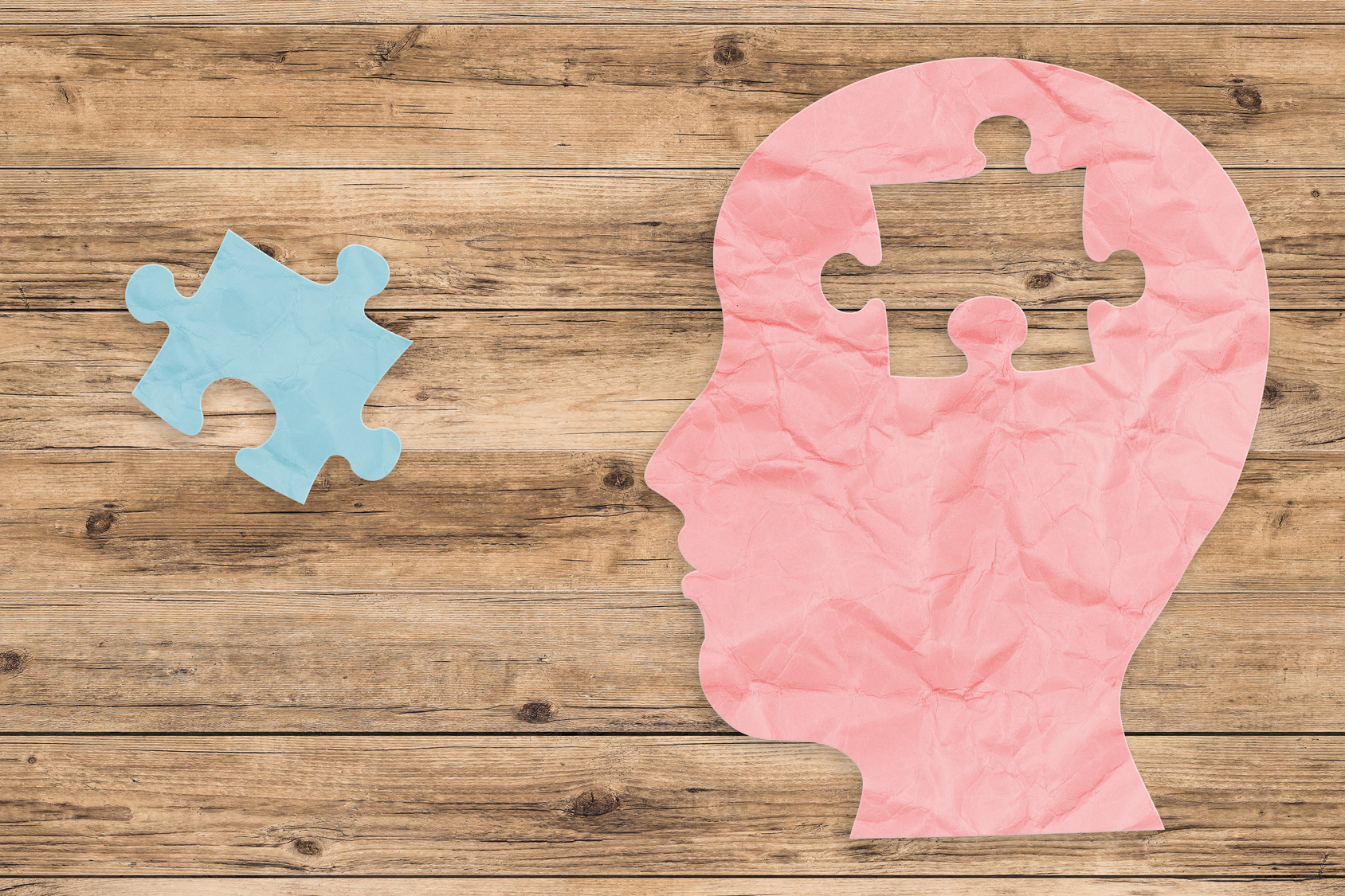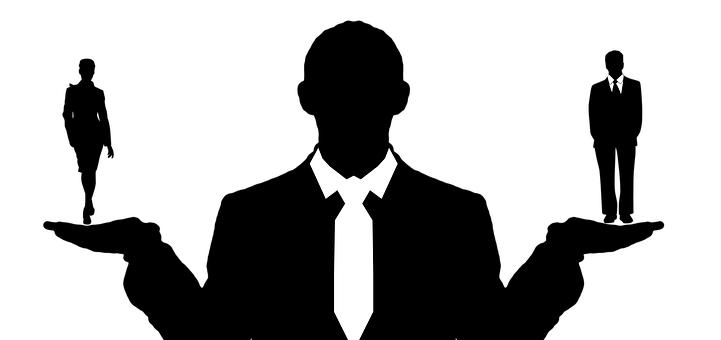What is Short-Term Disability?
Short term disability (also known as STD) is an insurance term describing any condition that causes you to be unable to work for a short period of time. One of the confusing things is the term itself, which conjures up some sort of accident or workplace incident or injury that prevents an employee from being able to work. However, the reality is that maternity leave and having a baby is one of the most common causes of short-term disability as invoked under short-term disability insurance policies.
How Do I Get Short-Term Disability Coverage During my Pregnancy or Maternity Leave?
There are four ways to get short-term disability coverage. First, some employers offer short-term disability benefits to all eligible employees which is a taxable benefit to the employee. The employer administers the plan and makes it available to all employees, whether it is needed or not and it is not customizable to individual employees.
Second, some employers offer an optional plan available to employees that is administered by a third-party insurance company. In this case, some portion of the benefit payments may be shared by the employer but you must talk to your benefits administrator or HR department to be sure. It’s important to note that these policies must typically be elected before your disability arises (e.g. before you become a pregnant employee) so this does require some planning and foresight.
Third, individuals can always take out their own short-term disability policy, just as you might pay for your own healthcare, life insurance or any other kind of insurance policy. There are many commercial vendors for short term disability insurance and each policy is different, so be sure to read the fine print. Typically, the same rule of purchasing into this benefit before you become pregnant applies.
Finally, short-term disability law may cover you depending on the state and jurisdiction in which you are an employee. In this case, you may not need to be covered by an employer plan in order to qualify for short term disability pregnancy benefits. In fact, typically, if you have full-time work, you may apply for family and medical leave, family leave, sick leave or a leave of absence and file a disability claim that provides you with STD benefits before you return to work. Typically the same state law that covers illness or injury or sick leave that renders you unable to work is the same law that provides women with some benefits during their pregnancy and maternity leave (though clearly being pregnant and having a baby is not an illness of any kind!)
Whichever way you receive short-term disability coverage, it’s important to understand that your company is not the organization that determines whether you are eligible for the benefits — the insurance company is who makes that decision.
How Much Does Short-Term Disability Cover?
Every plan differs but be aware that many plans core less than your full salary while you are using short-term disability coverage. For example, many short-term disability plans that cover pregnancy and the postpartum period only cover 2/3 of your regular salary and may last only 6-8 weeks (depending on whether you deliver your baby naturally or via Caesarean section), far less than the 3 months you might typically hear is awarded for full parental leave for full-time employees at other companies.
Be sure to understand what related health conditions may be covered, if any. For example, pregnancy-induced hypertension or post-partum depression can sometimes be a debilitating medical issue that your employer may need to provide a reasonable accomodation for, even if it is not covered by your insurance policy, per se.
Is My Job Protected While I’m Out On Short-Term Disability?
Short-term disability payments are a financial payment and are not related to whether an employer is required to keep your job. FMLA is the federal law requiring that employers offer up to 12 weeks of unpaid leave for qualifying employees (typically those who have worked at least for one year at an employer with more than 50 employers within 75 miles of your workplace).
Certain states also offer maternity leave and pregnancy benefits and protections for private sector employees that you need to understand may offer you some payment or additional benefits.
When Does Your Disability Period Begin?
Typically your disability begins on the day you have a baby. However, in some cases, your pregnancy may cause you to be unable to work and in those cases, your disability can begin during before childbirth if your medical provider document this. In either case, many insurance policies require a waiting period (often called an “elimination period”) in which you will not receive any short-term disability benefit payments. This period is usually specified in your short-term disability plan.
How Does Short Term Disability Work If I Also Qualify for FMLA?
If you qualify for FMLA, most employers will require that you take your FMLA leave concurrently with your short-term disability period. In other words, if you are not working for 6-8 weeks after the birth of your baby and you are covered by short-term disability insurance, you will receive benefits during that time and then another 6-4 weeks of unpaid leave under FMLA (depending on whether your short-term disability coverage lasted 6 or 8 weeks).
How Does Other Paid Time Off, Vacation Days and Holiday Time Work With Short-Term Disability and FMLA Leave?
Some companies allow you to use your sick, vacation days and paid time off towards maternity leave. However, this is up to each employer and some even require that you use all of these days before your short-term disability period or FMLA leave time begins.
How Do I Apply for Short Term Disability Benefits and FMLA Leave?
Each process requires its own application. You must tell your employer that you are taking FMLA leave and ask for their forms and processes. For short-term disability, you either have to notify your employer if short-term disability is an employer-provided benefit, or your insurance carrier, if you have privately paid for short term disability insurance.
Can I Receive Unemployment Compensation If I Receive Unpaid Leave or FMLA?
In some cases, you may be able to qualify for your state’s unemployment benefits during the time you are on unpaid leave. Each state has different requirements for qualifying for unemployment benefits but usually if you are suffering a loss in earnings and cannot perform your regular job but are able to perform other types of work (e.g. you are typically working in a physically laborious situation but can still do computer or desk work after the birth of your child), you may be able to qualify for certain state unemployment benefits for a portion of your normal salary.
What Happens to My Benefits While I’m Out on FMLA or Disability Leave?
If you qualify for FMLA leave, your employer is required to main your group health insurance coverage on the same terms as you had before you took the leave. For example, if you previously paid for a portion of your premium payments, you must continue to pay them during the time you are not working in order to maintain your healthcare benefits. However, there are some benefits which an employer does not need to accrue during your FMLA leave, such as your seniority benefits or other insurance benefits.
If you do not qualify for FMLA and are taking leave under your short-term disability policy, your employer may not be required to maintain your benefits during your leave period and this must be something you agree and discuss with your employer.
This article was previously published on www.fairygodboss.com





